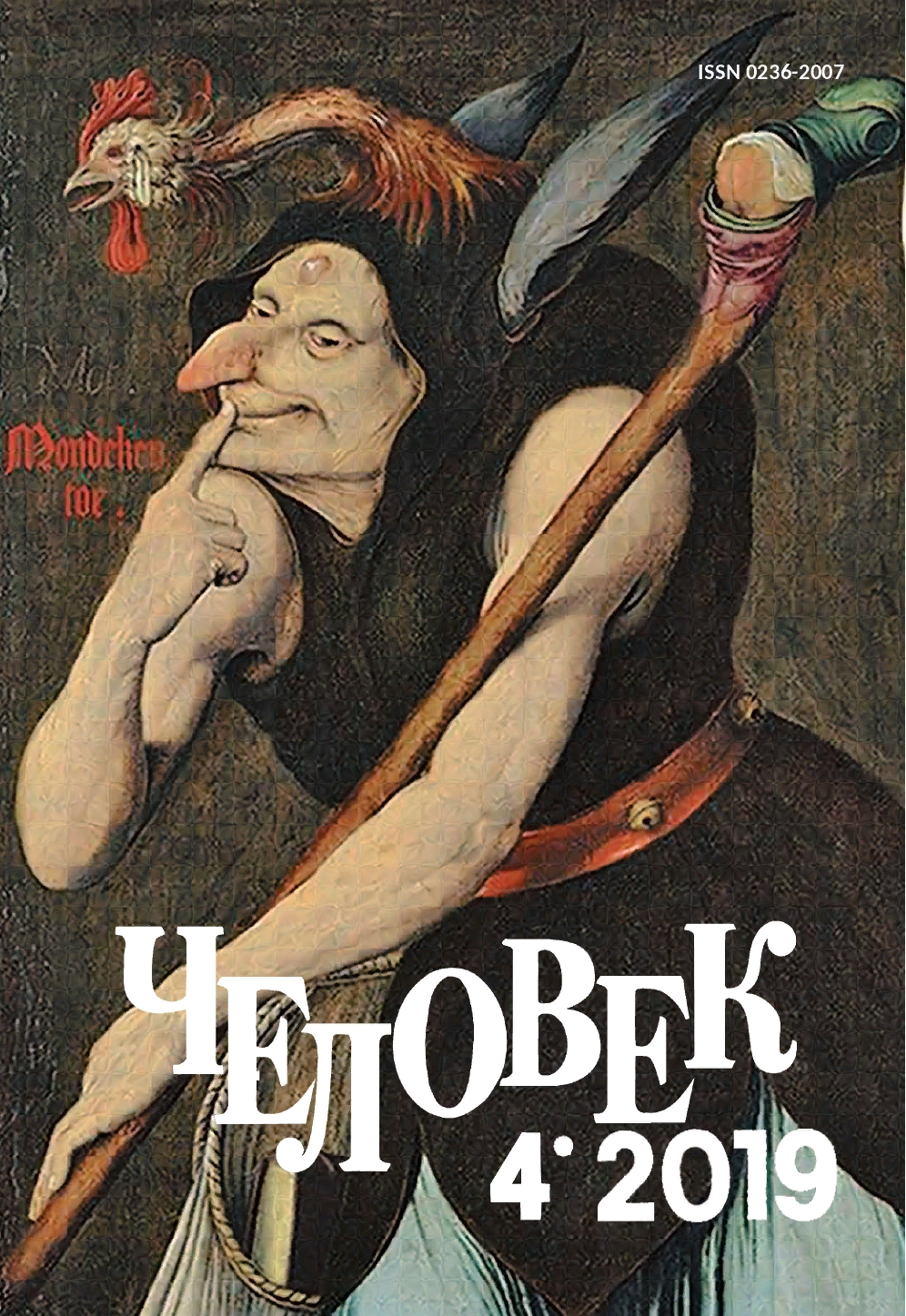The myth of the instinct
Keywords:
instinct, behavior, species specific behavior, Сh. Darwin, K. Lorenz, motivationAbstract
The paper reviews the history of the concept of instinct used to refer to an innate motivational source of human and animal behavior in psychology and ethology. The reasons are disclosed for rejecting this concept as an explanatory one. The first psychological theories of motivation based on Darwinian type of scientific explanation nearly unconditionally recognized the biological nature of human motivational sources. In late 1930s – early 1940s however, the concept of instinct has yielded its place to the new concept of need in scientific explanations of human motivation. It lasted out longer in disciplines, related to animal behavior. Though the concept of instinct has been heavily criticized by some experts in the behavioral development in animals (Z.Y. Kuo), the founders of ethology, Konrad Lorenz and Niko Tinbergen, have breathed new life into it in the 1930s. The ethological theory of “instinctual” behavior stayed influential till mid-1950s, having inspired multiple research. A new wave of criticism of the concept of instinct by European and American scholars followed in 1950s-60s. Since 1960s it was replaced by the concept of species specific behavior which develops only through the process of active interaction of individuals with their environment.






